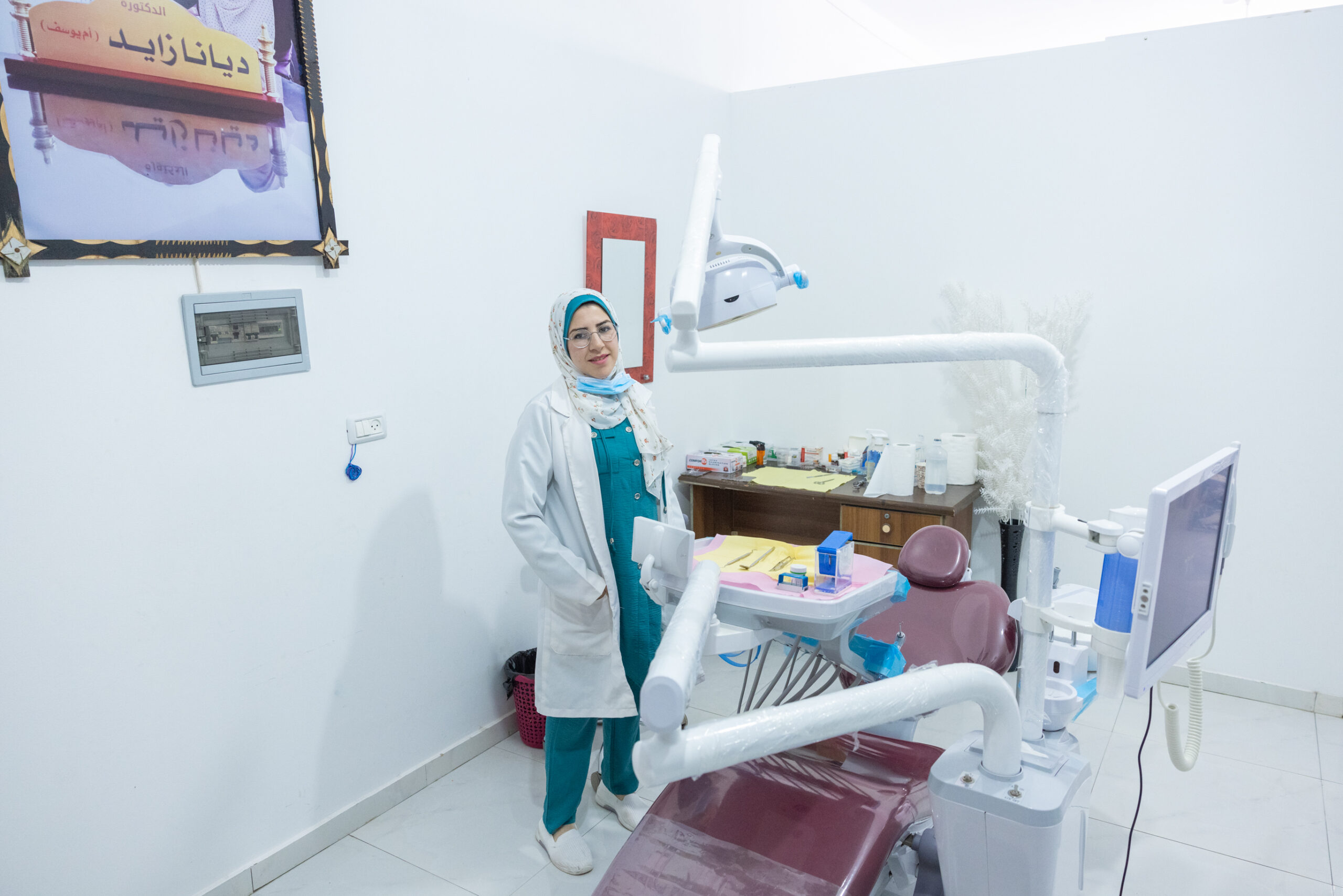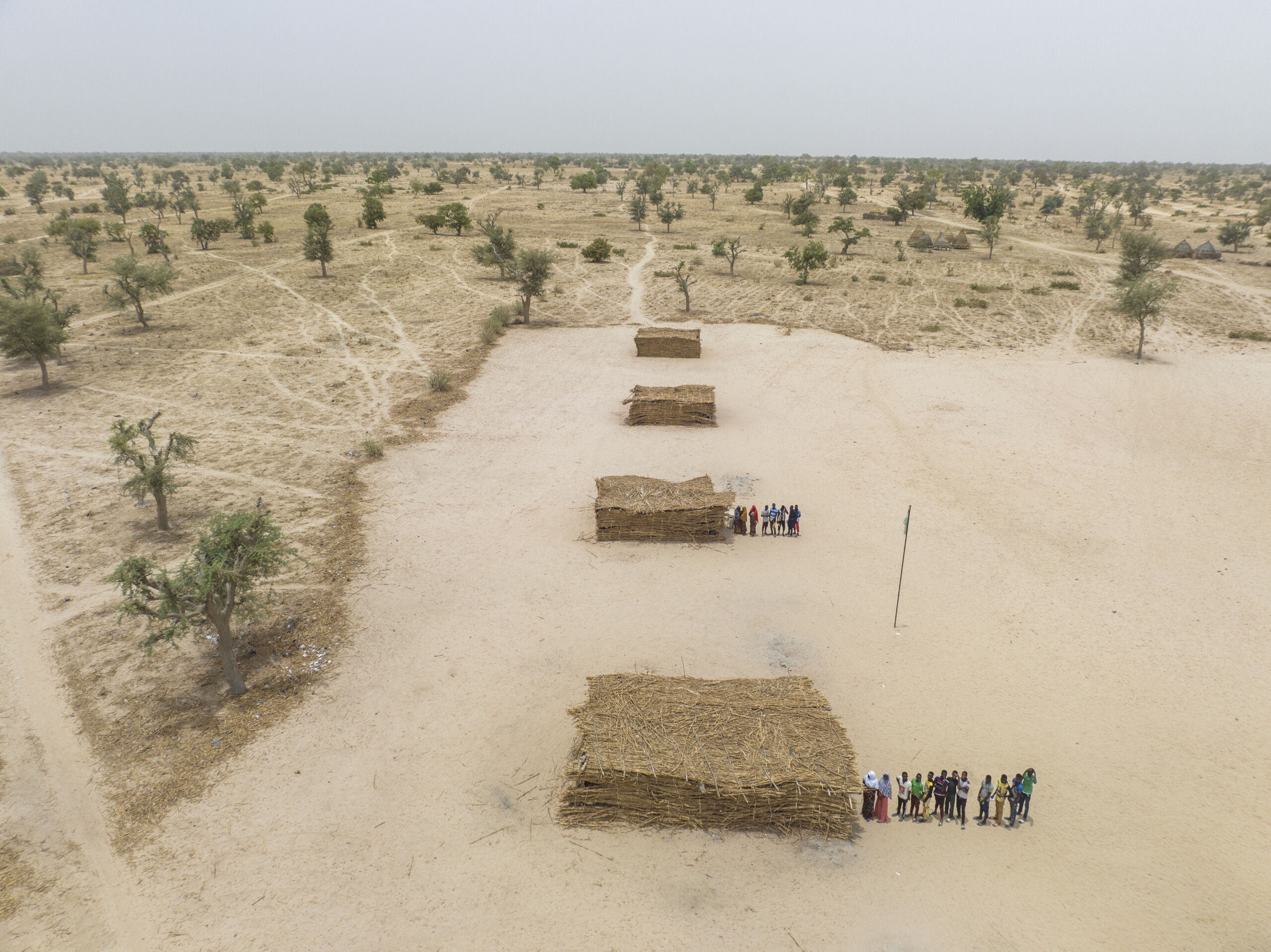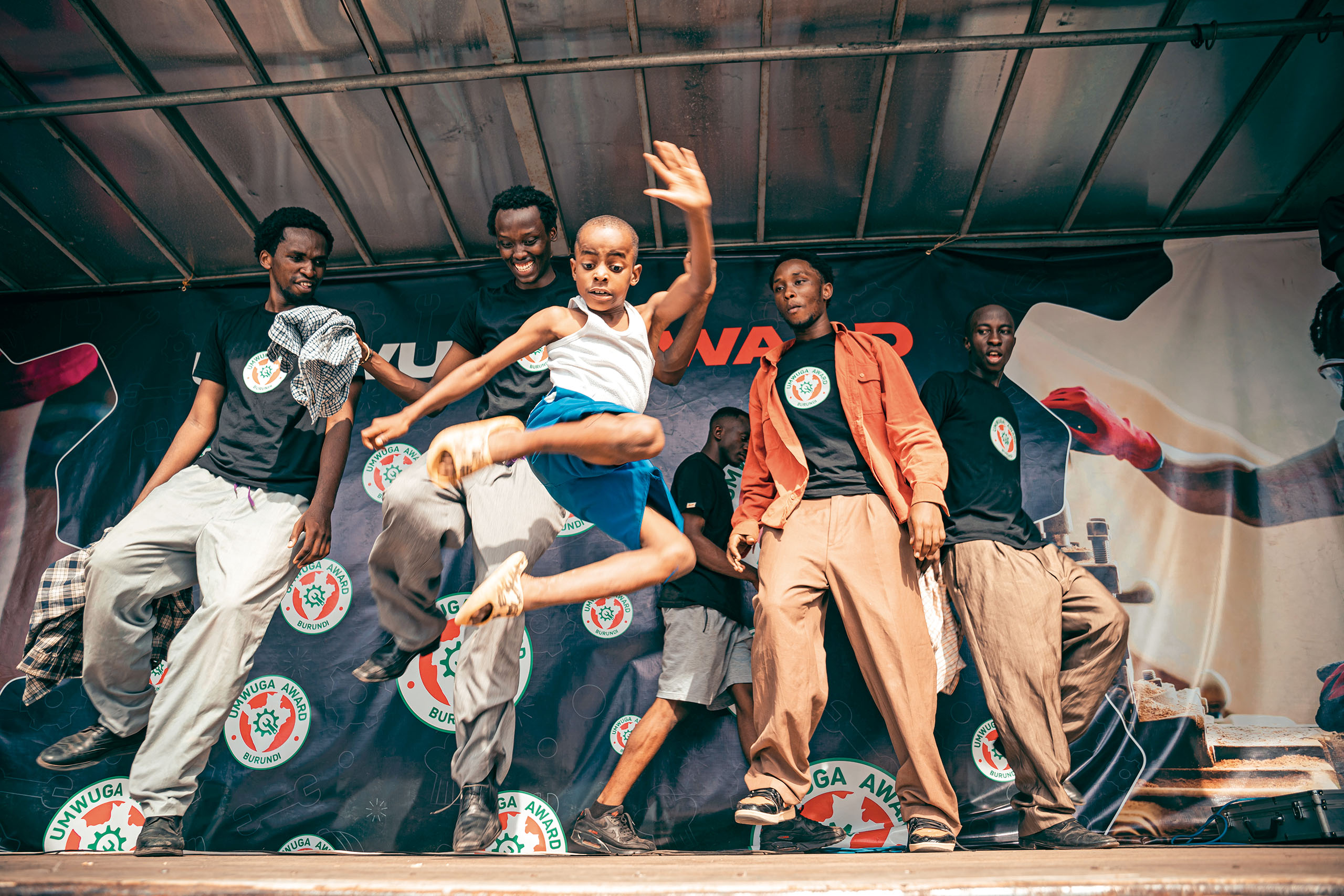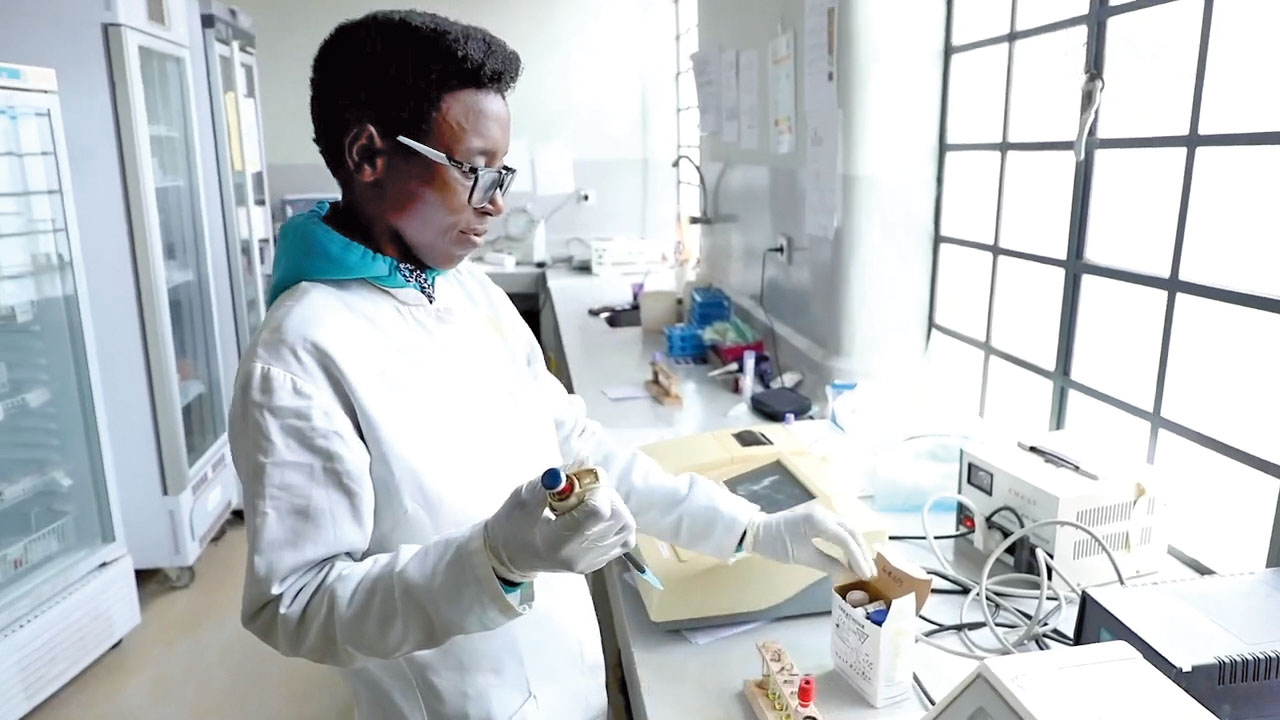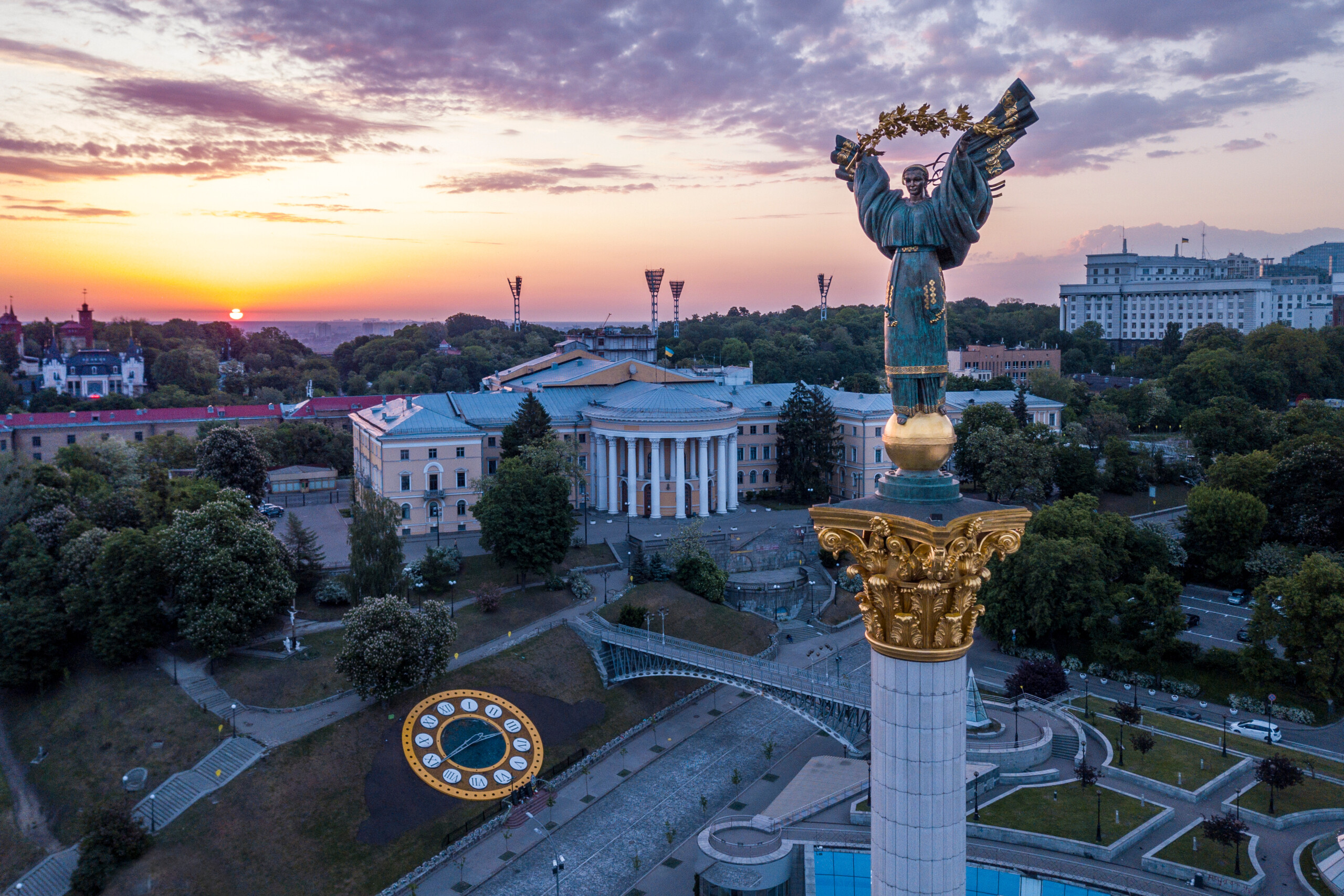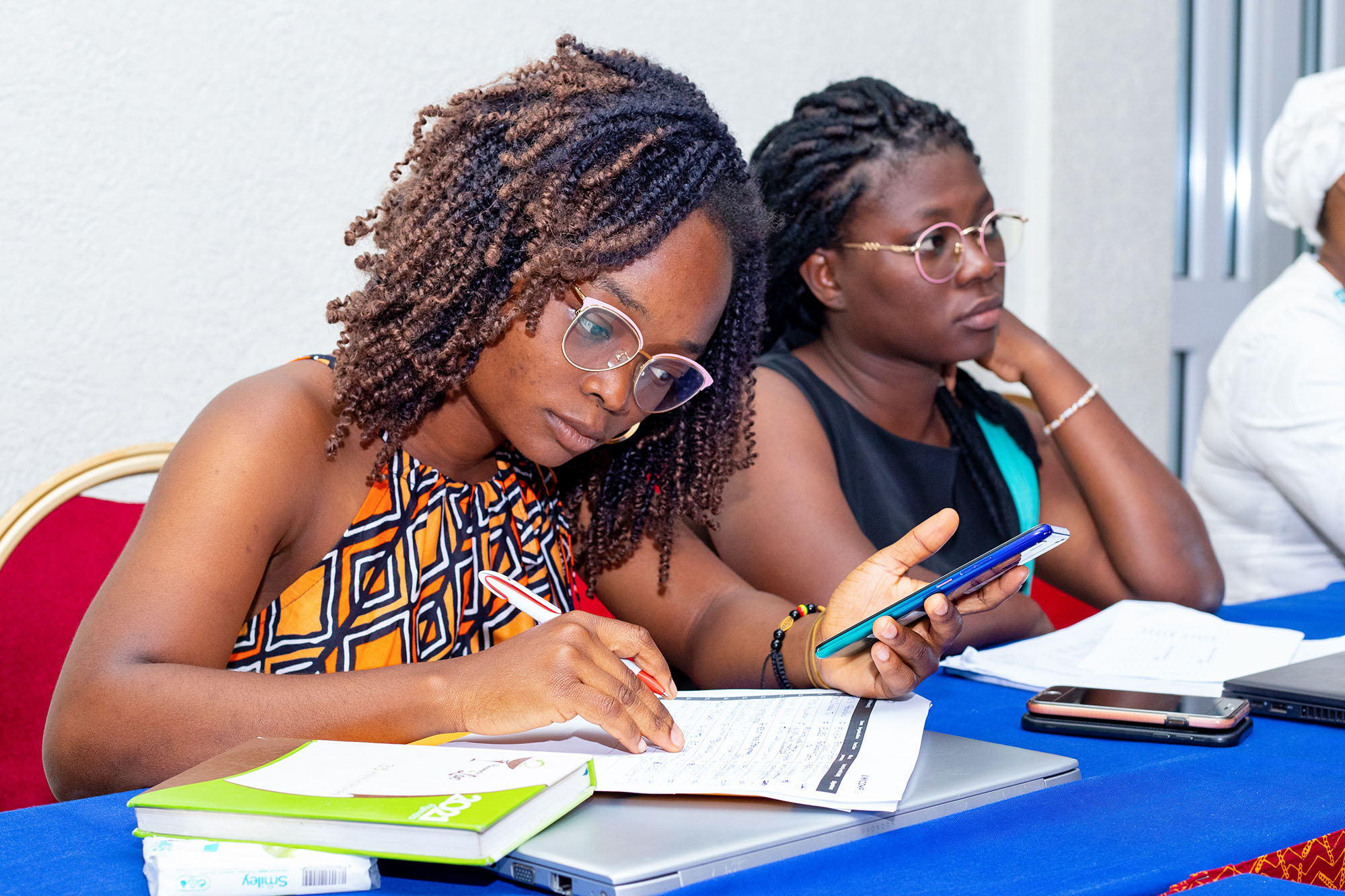‘We want to restore hope among young people in Gaza.’
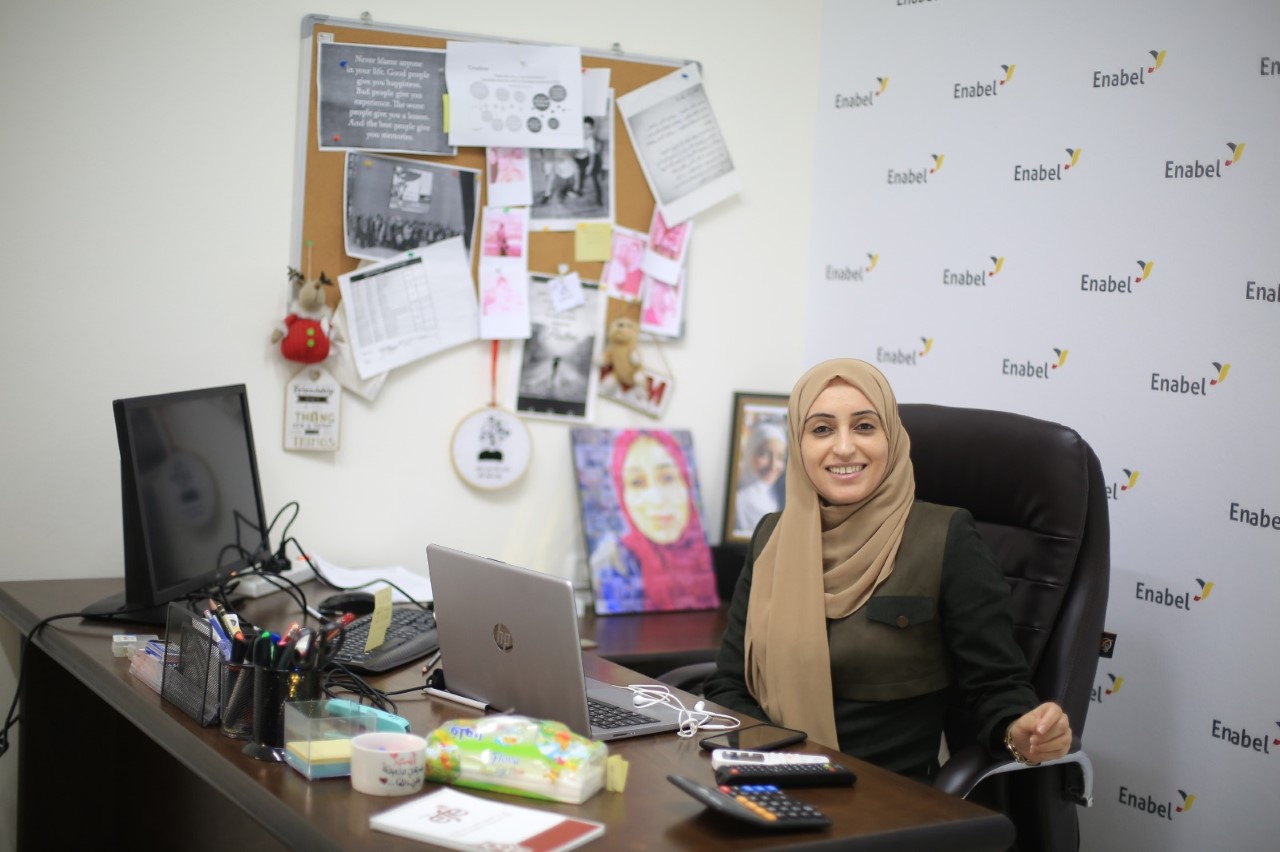
What is the SAWA programme?
SAWA means ‘Together’ in Arabic. We chose that name to show that we absolutely want to work with the local business community and civil society organisations. Not only to generate more buy-in from the people in Gaza, which is crucial to our success, but also because we want to make sure the programme becomes self-sustaining, and able to continue once our action here is done.
SAWA has two main objectives. The first one is to enhance resilience for young people. Nowadays, there are half a million young people in the Gaza Strip, and the situation is very difficult for them. A lot of them are losing hope because they cannot see a future for themselves here. So we are helping young women and men to start their own micro-business to improve their socio-economic situation and create a sustainable livelihood for themselves and their families. Our second objective is to create new job opportunities for young people by stimulating them to create new solutions from scratch and develop new businesses in the field of green and circular economy in the industrial sector.
SAWA is financed by the EU and implemented by Enabel. Today, it is more and more common to see national development agencies run programmes that are financed by other European countries or by the EU itself. It is a way to promote more cooperation between EU Member States, but also to allow national agencies to develop expertise that will benefit the EU as a whole.
‘We studied what other donors were doing in these areas and where, so that we could put our focus on places where no donors were active.’
Where does the project stand today?
Well, the first year of the project has just ended and it was an inception year. We completed a vulnerability map of the Gaza Strip to identify the most vulnerable areas, those areas where there is a lot of poverty and a lack of opportunities. We then studied what other donors were doing in these areas and where, so that we could put our focus on places where no donors were active. We then conducted thorough economic research to identify the most promising sectors for young people to start their businesses. Also, we conducted a green study to identify the key challenges and opportunities related to the green and circular economy within the industrial sector in the Gaza Strip. The results of this study will be introduced to the Gazan youth to stimulate them to think about innovative solutions to these challenges.
We are now starting with the implementation of our programme and we expect our first successes within the first six months of 2021. As SAWA is a pilot project with a small fund, we will start by selecting one hundred people that will receive our support to create their own micro businesses, as well as ten green or circular entrepreneurial projects. In the future, we hope to cater to a larger audience, since the EU is interested in phase two of this project. In addition to that, Enabel is expected to start a new country portfolio for Palestine in 2022, in which SAWA has been integrated as one of the key successful models to receive support from Belgium.
For the time being, the first part of the programme consists of information sessions for the youth of the selected areas, to explain what the most promising sectors are and to give them the opportunity to think about their project. Some of the sectors we identified are food processing, mobile and smart devices maintenance, graphic design, agri-businesses and commercial businesses such as grocery stores.
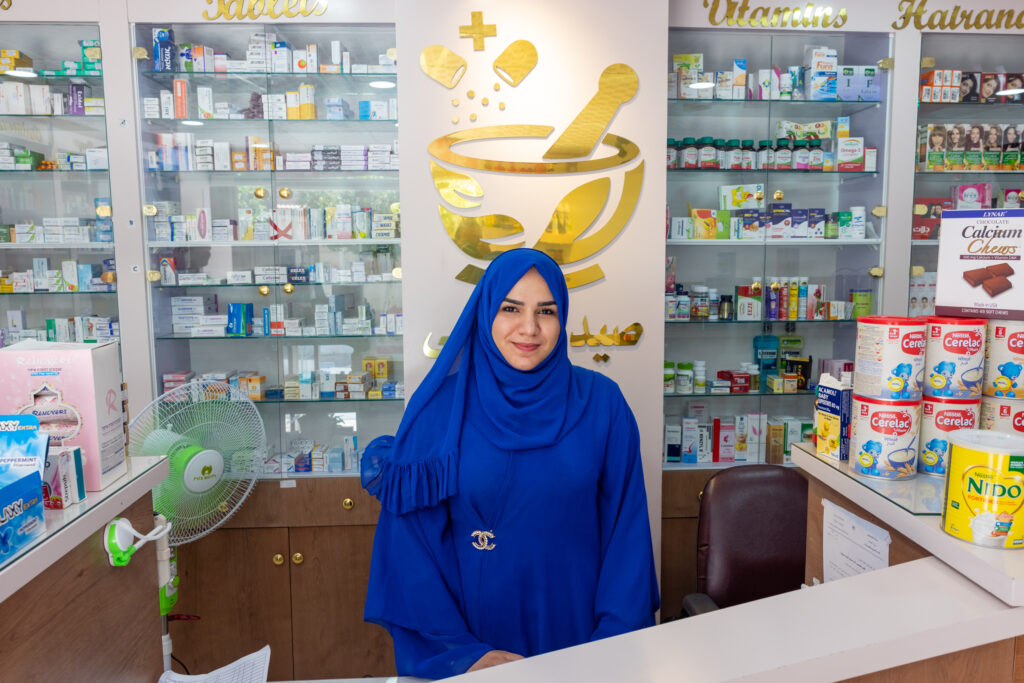
‘In the past, young people had to apply online, which was de facto excluding the most vulnerable people. That is why we decided it was better to organise live sessions.’
We will also help them to apply for the programme. We will then evaluate the applications using a series of criteria and select one hundred and fifty candidates. These will be given ten days of training on how to prepare a business plan. We will then select the best one hundred plans and give them financial support – with funding up to 5,000 euros – but also coaching and mentorship.
This last part is very important, because we want them to receive help along the way to solve problems that may arise, to make sure that they can get their business up and running.
For the second part, we will organise a three-day hackaton during the month of March: Young people can apply and pitch their ideas. We will select the top ten ideas, put them together in a place where they will be able to further develop their idea, but also where they will receive technical and business development support to refine their business plan, make their first prototypes and then introduce them to the national market. And from there, who knows, maybe to the regional and international markets?
How does the situation in the Gaza Strip influence your activities?
Our biggest problem is electricity: There is electricity only for eight hours per day in the area. Drinkable water is also an issue, as well as managing solid waste. But we see these problems as opportunities: creating green and circular solutions to address them will at the same time provide self-employment opportunities for young Gazans and improve the overall situation in Gaza.
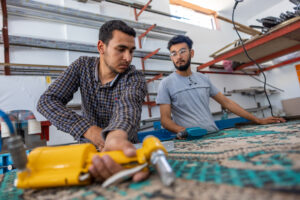
Your work also relies a lot on the community as a whole. How does it work?
We are looking for ways to make this programme sustainable, so it continues after we have left. In order to do that, we want to empower local organisations that use a community-based approach and have the capacity to help young people. Our aim is to strengthen their capacities. And we believe the private sector has to be involved as well, which is why we are working together with the Palestinian Federation of Industry. We want them to see us not as competitors, but as promoters of a complementary approach that will strengthen the economy.
We are also working with Civil Society organisations in order to provide our participants with coaching and mentoring. They will receive training on how to deliver business plan training, on how to deliver coaching and organise mentoring. They will be responsible for that part of the programme and we expect them to take the lead eventually.
You are also working on empowering women. How does that translate in the programme?
‘Our aim is that the proportion of women taking part in the programme is equal or superior to 50%. During the preparatory phase, we identified the most promising sectors for women to open a business, such as agricultural projects, ICT and solar energy.’
